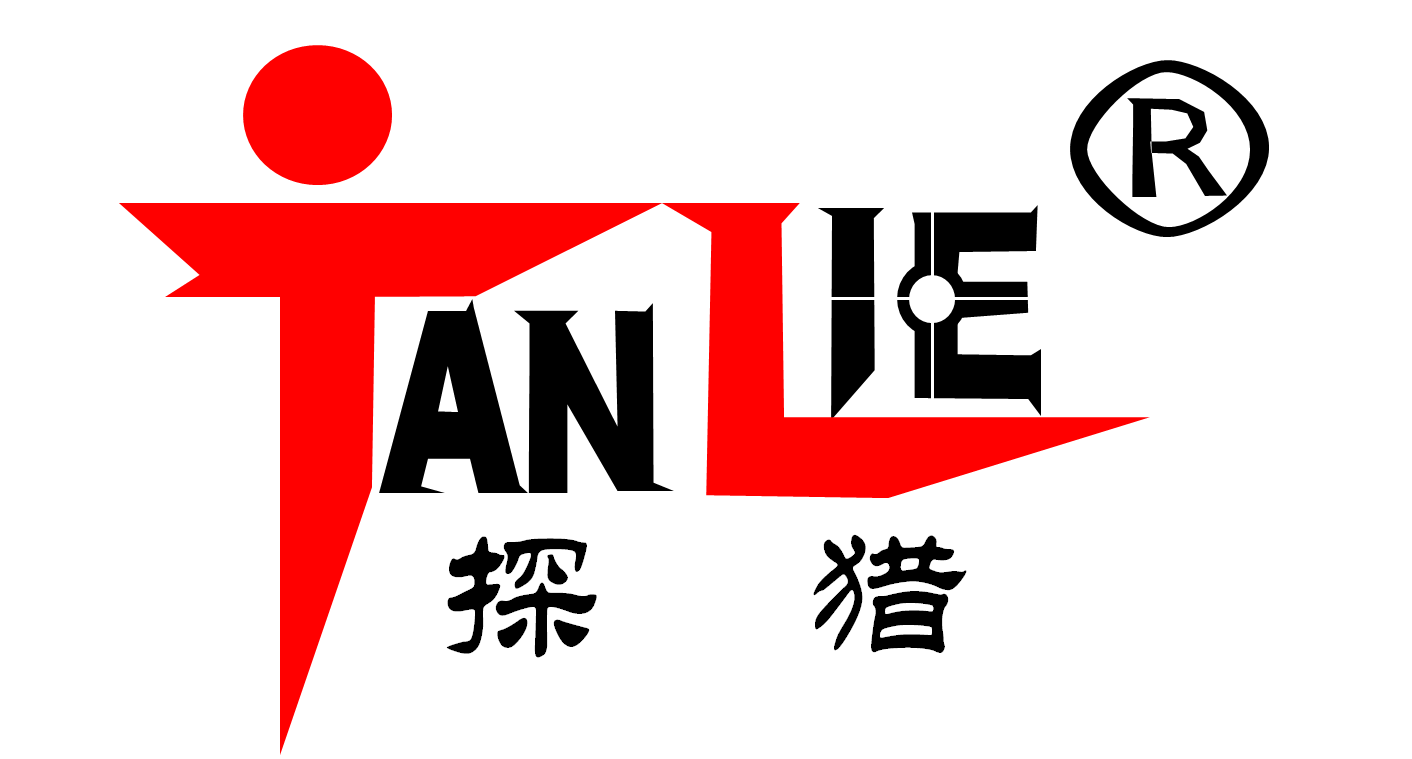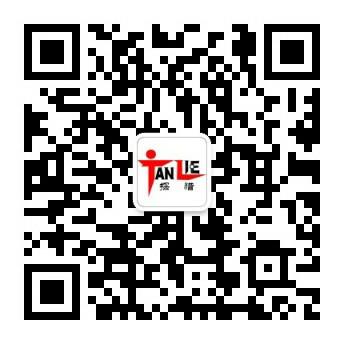Student: I go to the museum last Sunday.
Teacher: That's nice. You went to the museum last Sunday, right?
阅读所给材料,回答下列三个问题:
材料1
Tom: Hello, Alice, I´m interested in your work saving birds. What do you think is the most difficult part of your work?
Alice: Well, I suppose it´s saving wild birds covered in oil. That´s the most difficult of all.
Tom: How does that happen?
Alice: The oil comes from boats. It flows on the water and covers the bird´s feathers when they swim through it.
Tom: That sounds terrible. What do you do about it?
Alice: The first thing we do is making sure the bird hasn´t tried to clean itself with its beak. As it does so, the bird eats some oil and becomes sick.
Tom: Oh, dear! Did the birds always die?
Alice: Sometimes...but we try to save them. Birds use their feathers like a raincoat to keep out cold wa-ter. When feathers are covered in oil, they stick together and the bird´s skin gets cold in the water. So without help the bird would die of cold!
材料2
Scientists have discovered that when chimpanzees have stomach pains, typically because of intestinal par-asites, they look for a certain plant to eat, Lippea. It is common in the jungles where chimpanzees live, and it contains chemical substances effective against many parasites. Lippea is not the only natural medi-
cine in the chimpanzees´ cabinet. They may actually use up to thirty different plants--for different prob-lems. Interestingly, the local people make use of many of the same plants for medical purposes. It is al-most certain that chimpanzees discovered these herbal remedies before humans.
这两份材料分别属于哪种语篇类型?
这两份材料分别适合于哪种课堂教学?说明理由(至少写出两个要点)。
分析教师选用文本材料时需要考虑的基本要素(至少写出三个要点)。
请你指出下面三个教学目标制定是否合理,并分别说明理由。
(1) Group the general idea of the reading material.
(2) hnprove the students´ reading ability.
(3) Arouse the students´ awareness of helping others in need.
请你指出上面三个教学目标制定是否合理,并分别说明理由。


